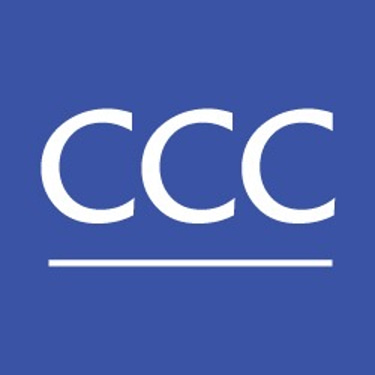
Disability and Mental Health Advocacy Hub
At Clergy Care Collective, we believe the Church is called to stand with, uplift, and accompany those living with disabilities and mental health conditions. Inspired by Catholic Social Teaching and the Gospel mandate to care for the vulnerable, we advocate for structural change in society and in our churches to protect human dignity and advance justice.
We support raising Supplemental Security Income (SSI) benefits to ensure people with disabilities can live with dignity and security. We also call for removing the punitive SSI asset limit, which traps many in poverty and undermines their independence.
Beyond policy advocacy, we work to:
Challenge stigma against mental illness in faith communities.
Promote full inclusion of disabled and neurodivergent individuals in church leadership and ministry.
Provide education and resources to clergy about disability justice and mental health awareness.
Stand with disabled people in the fight for accessible, compassionate healthcare and housing.
Join us in praying, speaking, and acting for a Church and a society where all people, regardless of ability or diagnosis, are recognized as beloved children of God and afforded full human dignity.
